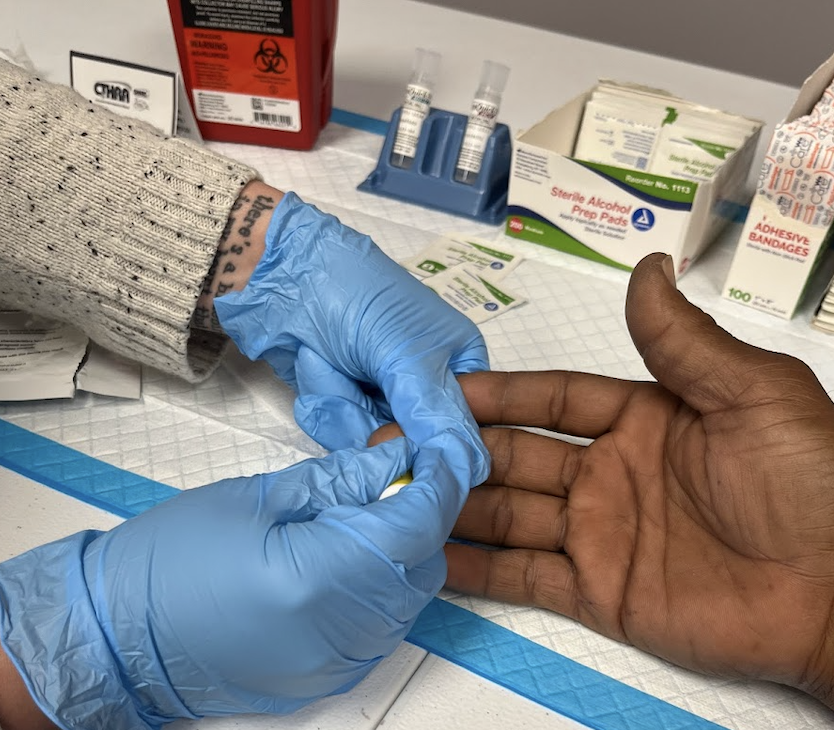Harm Reduction Saves Lives
What is harm reduction?
“The lifeblood of Harm Reduction practice is to meet folks where they are in their time, place, language, and lived experience.”
Harm Reduction is a set of practical strategies and ideas aimed at reducing negative consequences associated with drug use.
Harm Reduction is also a movement for social justice built on a belief in, and respect for, the rights of people who use drugs, those that experience homelessness, and sex workers.
Principles of Harm Reduction
1
Accepts, for better or worse, that licit and illicit drug use is part of our world and chooses to work to minimize its harmful effects rather than simply ignore or condemn them
2
Understands drug use as a complex, multi-faceted phenomenon that encompasses a continuum of behaviors from severe use to total abstinence, and acknowledges that some ways of using drugs are clearly safer than others
3
Establishes quality of individual and community life and well-being — not necessarily cessation of all drug use — as the criteria for successful interventions and policies
4
Calls for the non-judgmental, non-coercive provision of services and resources to people who use drugs and the communities in which they live in order to assist them in reducing attendant harm
5
Ensures that people who use drugs and those with a history of drug use routinely have a real voice in the creation of programs and policies designed to serve them
6
Affirms people who use drugs (PWUD) themselves as the primary agents of reducing the harms of their drug use and seeks to empower PWUD to share information and support each other in strategies which meet their actual conditions of use
7
Recognizes that the realities of poverty, class, racism, social isolation, past trauma, sex-based discrimination, and other social inequalities affect both people’s vulnerability to and capacity for effectively dealing with drug-related harm
8
Does not attempt to minimize or ignore the real and tragic harm and danger that can be associated with illicit drug use
Examples of Harm Reduction
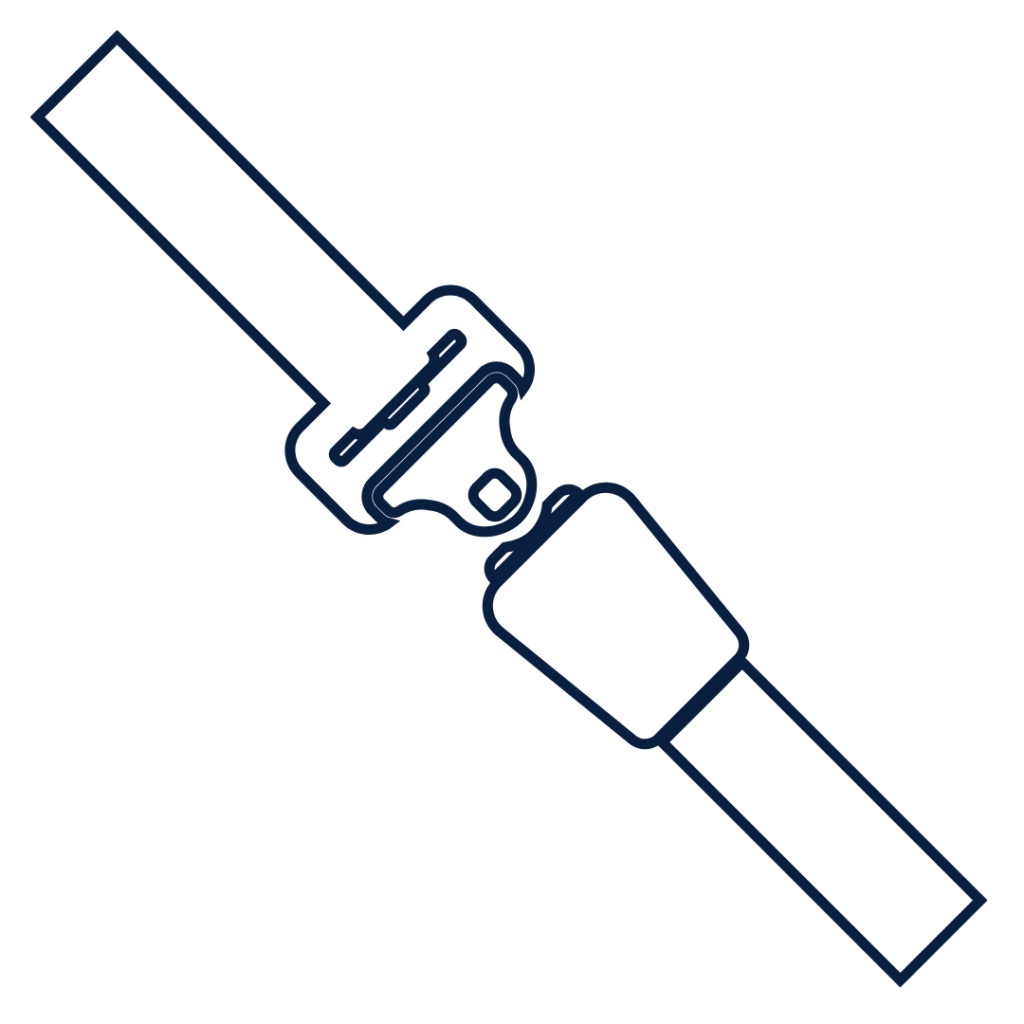
Wearing a seatbelt when riding in a car
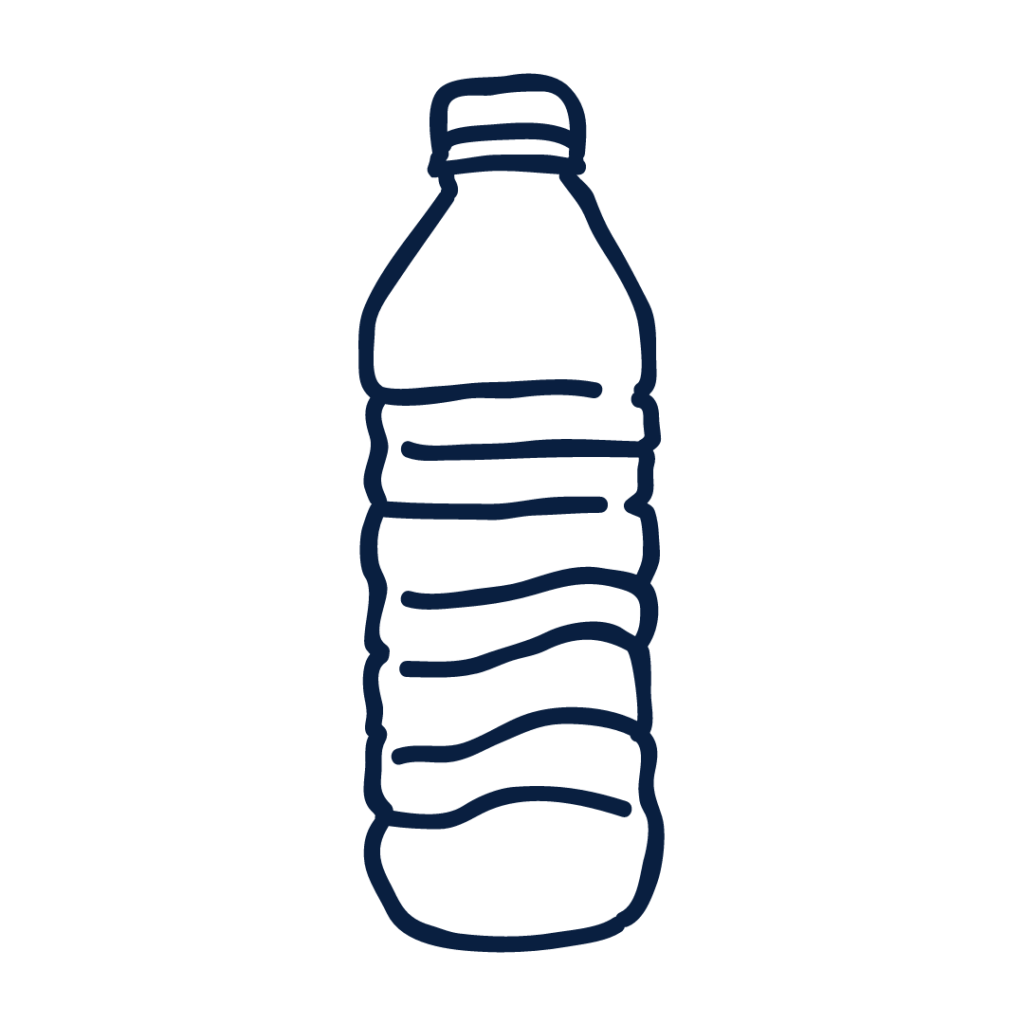
Drinking water when out with friends

Wearing a helmet when riding a motorcycle or bicycle
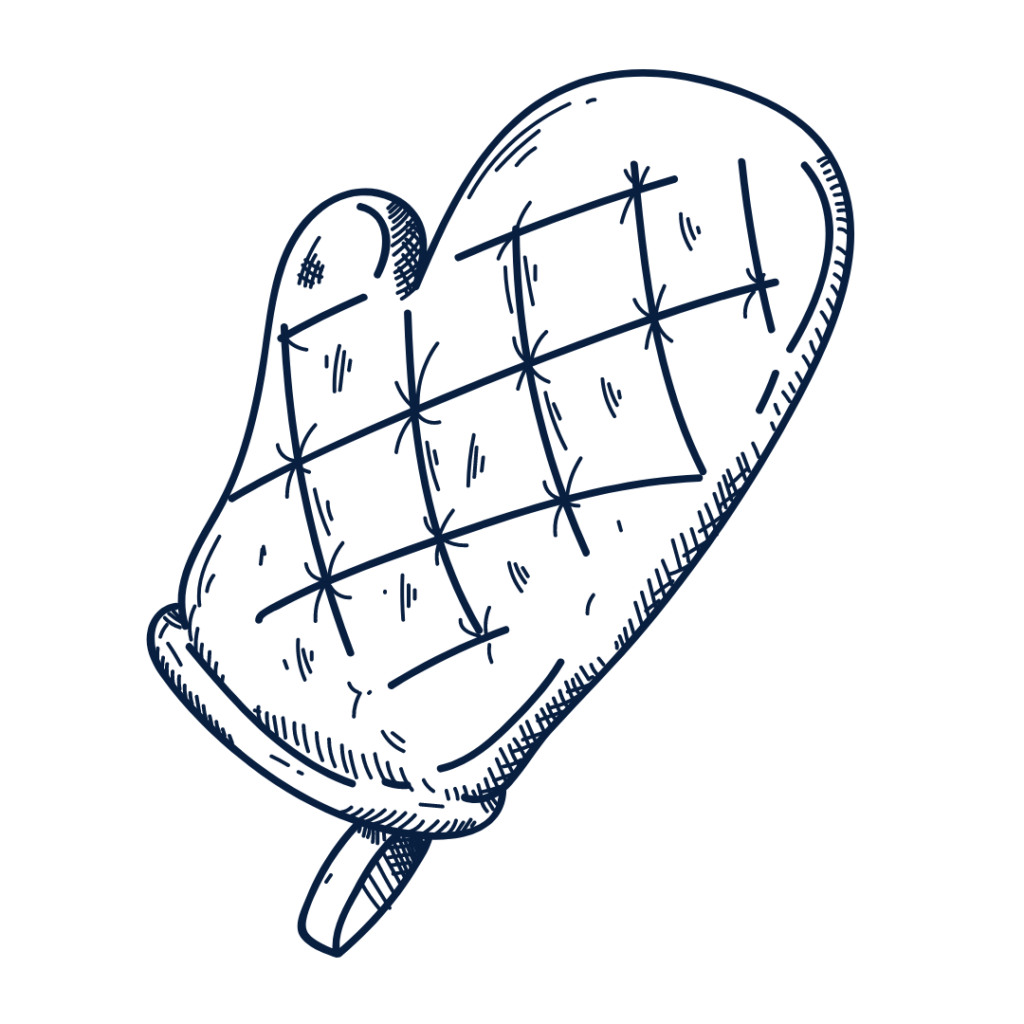
Using oven mitts to remove something from a hot oven
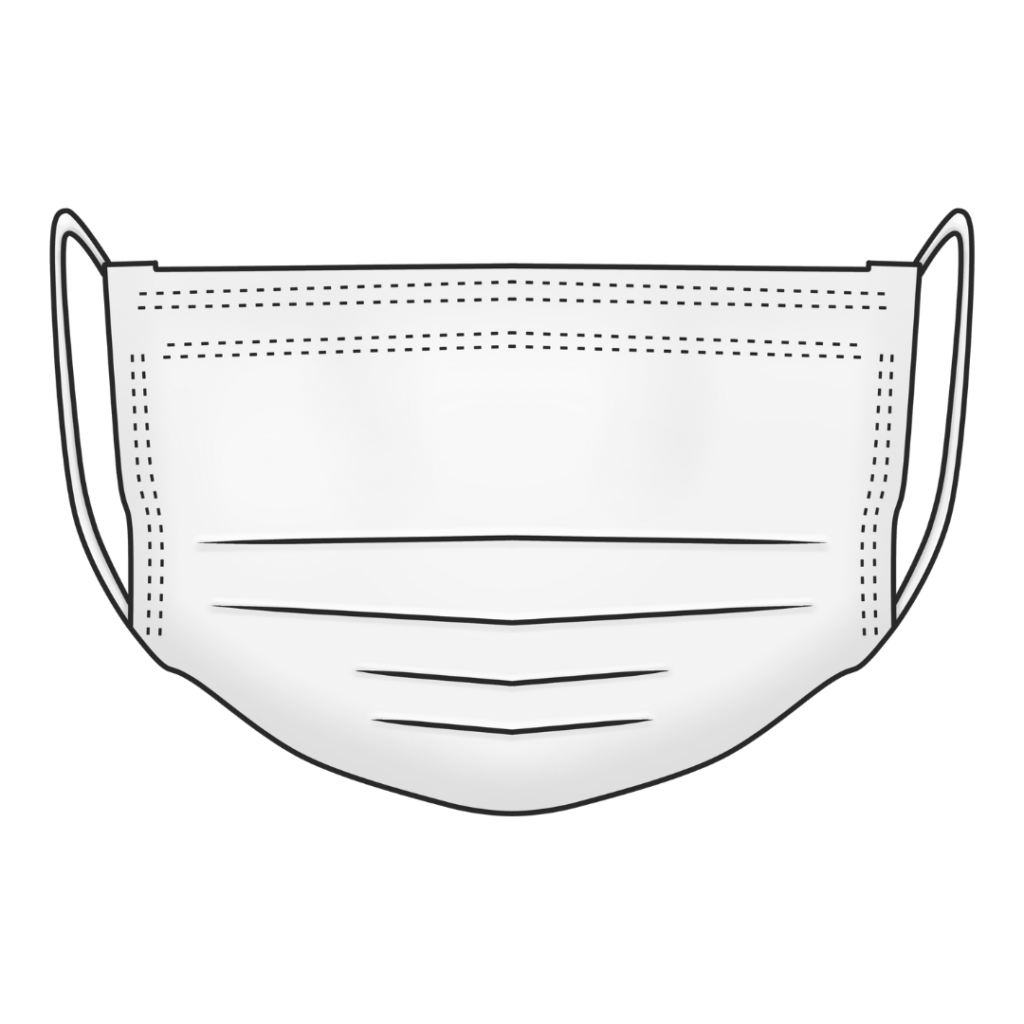
Wearing a mask to prevent the spread of COVID-19
overdose by the numbers
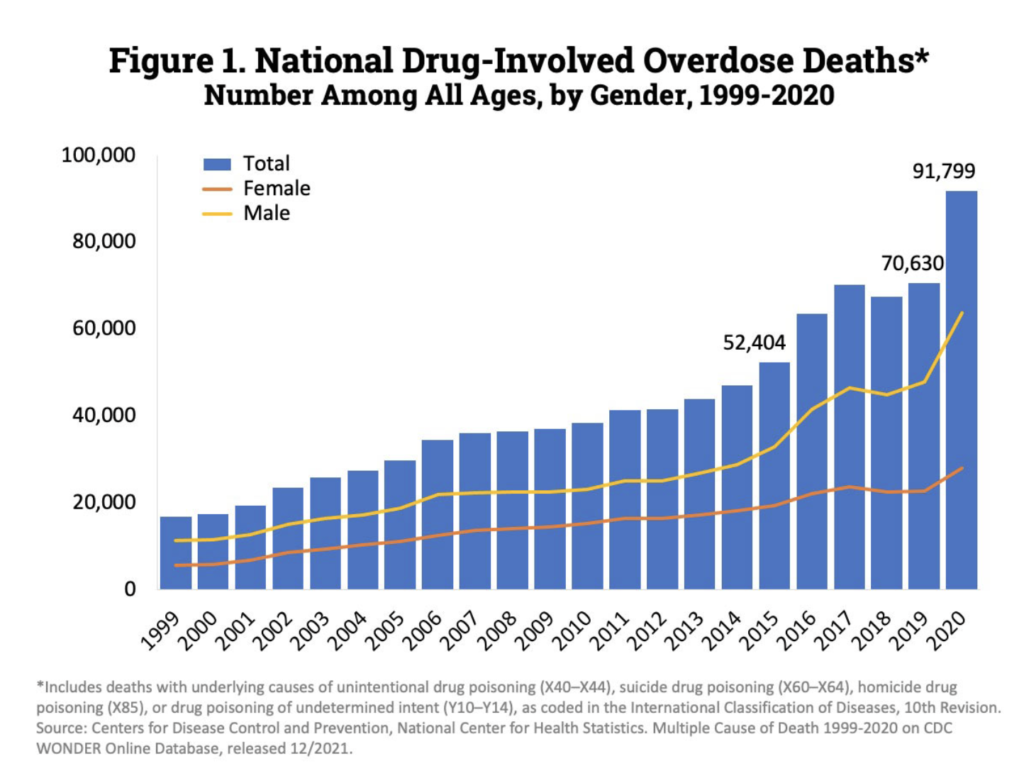
Over 1,000,000 – one million, yes you read that correct – people have died from overdoses in the US since 2000 (Vital Strategies). Overdose deaths now exceed deaths from car crashes (CDC).
In 2021, over 100,000 people in the US died from an overdose (CDC). Nearly 92,000 persons in the U.S. died from drug-involved overdose in 2020, including illicit drugs and prescription opioids (NIH).
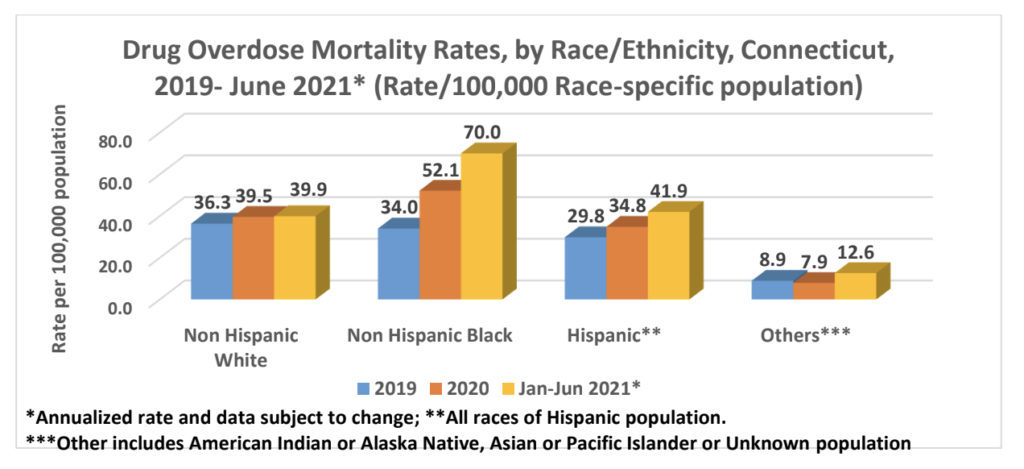
There were 1,378 confirmed drug overdose deaths in CT for 2020, with an increase of 14.3% compared to 2019. From January to December, there were 1,508 confirmed drug overdose deaths for 2021 (DPH monthly fatal drug overdose report).
The average percentage of fentanyl or fentanyl analog involved deaths was at 85% for both 2020 and 2021 (DPH monthly fatal drug overdose report).
Marginalized communities, such as Black and Hispanic groups, continue to be disproportionately impacted. Harm reduction provides accessable, safe, and easy services to meet folks where they’re at.
let's get one thing straight
harm reduction saves lives
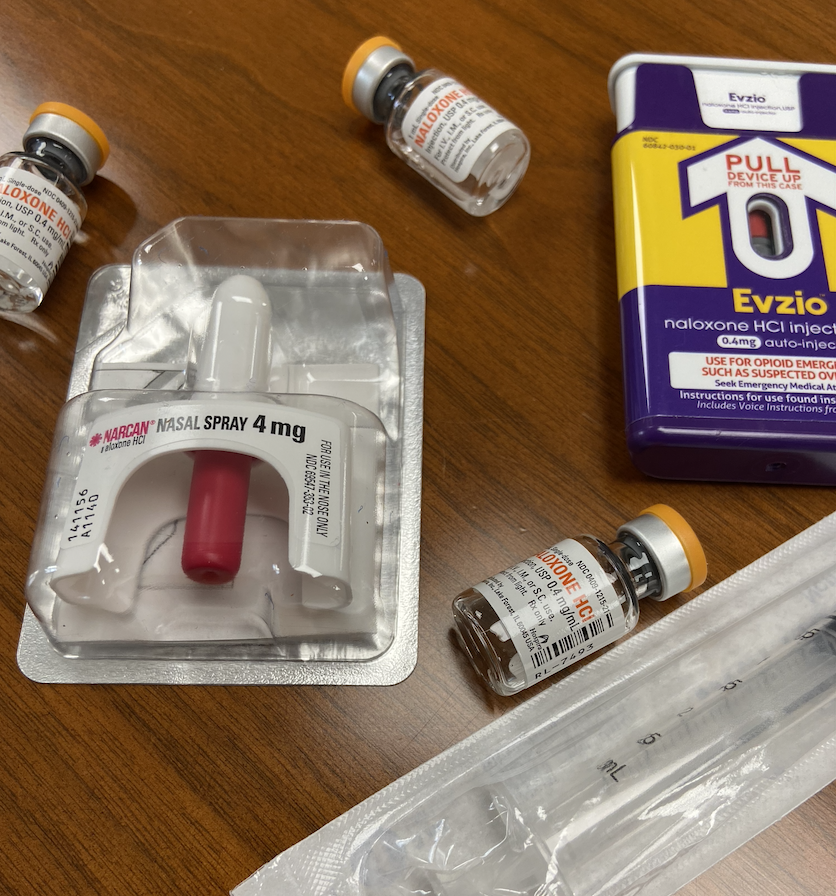
What's naloxone?
Naloxone, also known as narcan®, is a life-saving and harmless medicine that reverses an opioid overdose. Naloxone comes in three forms:
1. Nasal Spray
2. Intramuscular Injection
3. Auto Injection
Narcan® is not a substitute for emergency medical services. If you administer Narcan® or think someone is overdosing, call 911.
*Please Note: CTHRA is not a prescriber. However, through participation in the states OPEN ACCESS program we are allowed to train and dispense naloxone. Anyone over the age of sixteen is allowed to receive Naloxone after having been trained on its use, and anyone under that age may receive it with parental consent.
Our services
We provide various Harm Reduction services across CT, such as HIV & HEP C testing, SSPs & naloxone.
Resources
CTHRA has compiled a full list of FREE resources, ranging to rights, safety brochures, and more.
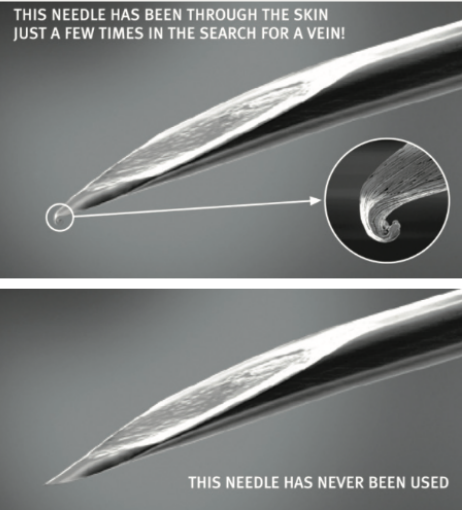
Programs & Events
Stay up to date on all our upcoming events and ongoing programs in Hartford and New Haven.
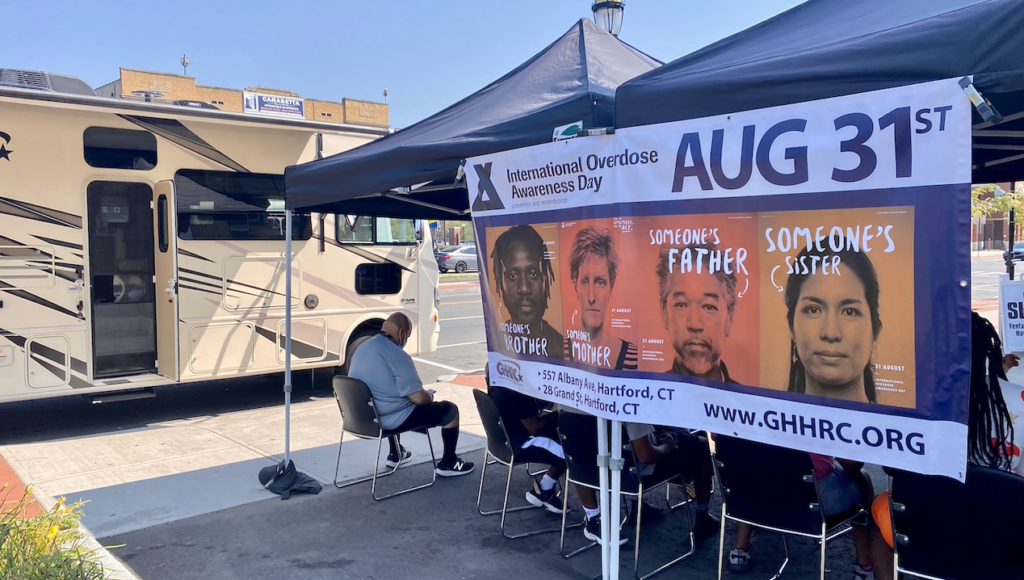
Have questions? Give us a call.
Overdose Prevention & Narcan® Training | HIV & HEP C Testing
Mail Order Narcan® | SSP Listings | Our Locations

